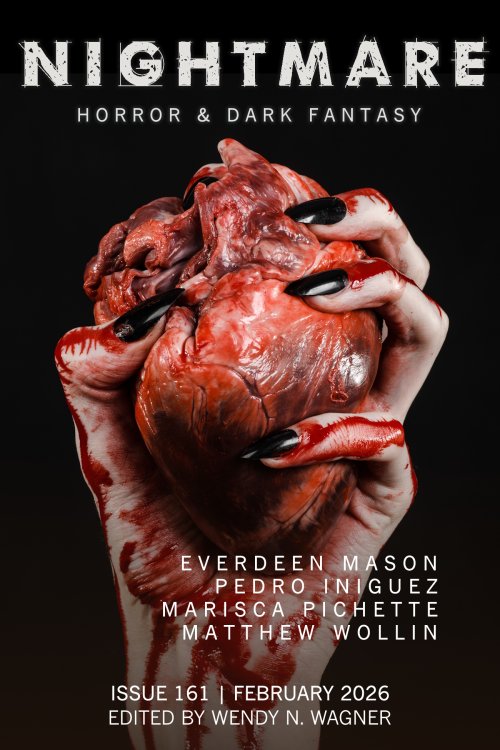Fiction
They Bought a House
The idea for this story began in my final week at the Clarion Writers Workshop. I wanted to write a haunted house horror story using stripped language, but unsurprisingly, it became strange and detailed and maximalist. It’s the perfect piece to summarize my time at Clarion, as it was collectively inspired by all the great stories I read over the summer of 2023.








